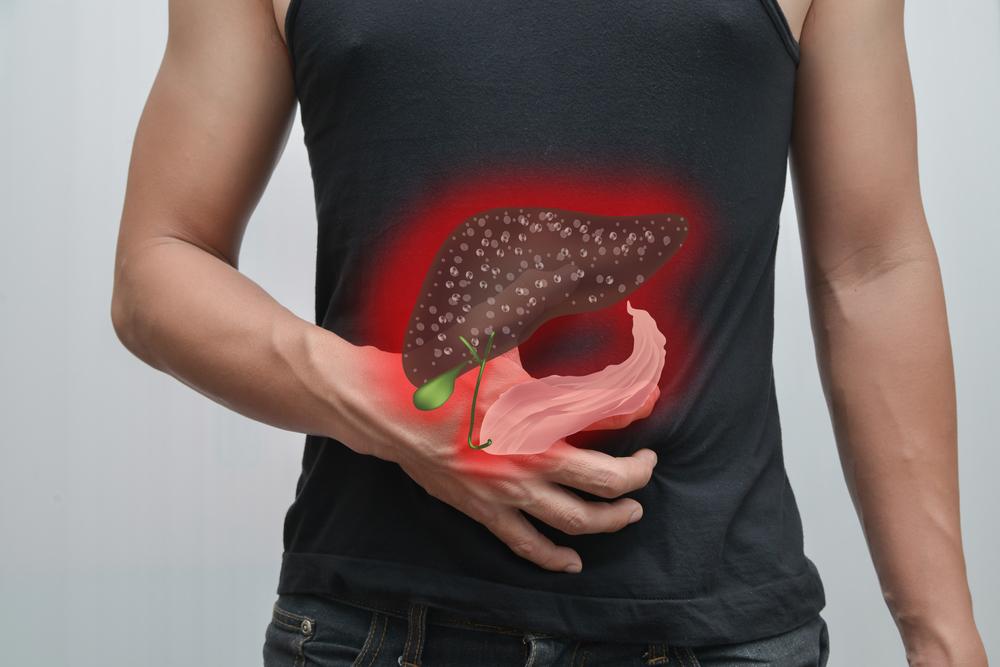Dehydration Explained: Causes, Symptoms, and Prevention Strategies
Dehydration occurs when the body loses more fluids than it takes in, leading to health risks. This comprehensive guide explains the causes, symptoms, and essential prevention tips for dehydration. Suitable for all ages, especially vulnerable groups like children and the elderly, understanding dehydration helps in early detection and prompt treatment to avoid serious health complications. Regular hydration, awareness of symptoms, and proactive measures are vital for maintaining health in any environment, particularly during hot weather or intense physical activity.

Dehydration Explained: Causes, Symptoms, and Prevention Strategies
Dehydration is a common yet potentially serious health condition that happens when the body loses more fluids than it takes in. Water is essential for maintaining nearly every vital function, including regulating body temperature, supporting digestion, and ensuring proper circulation. When the balance tips and the body doesn't receive enough fluids, dehydration sets in, impairing these functions and potentially leading to severe health complications if left untreated. Understanding the causes, recognizing the symptoms early, and knowing how to prevent dehydration are critical for maintaining overall health.
Dehydration can affect anyone, regardless of age or lifestyle, but certain groups are more vulnerable. These include children, elderly individuals, athletes, individuals with chronic illnesses, and those living in hot or high-altitude environments. Because symptoms can develop quickly and vary based on age and severity, prompt attention and action are essential. Early signs often include dry mouth, feeling excessively thirsty, decreased urine output, dark-colored urine, fatigue, dizziness, and confusion, particularly in vulnerable populations. In children, dehydration may also manifest as sunken eyes, lack of tears when crying, irritability, or a sunken soft spot on the head.
The primary causes of dehydration are straightforward but can be compounded by lifestyle, environmental conditions, and health status. Inadequate water intake, especially during hot weather or intense physical activity, can quickly lead to dehydration. Excessive water loss occurs through sweating, urination, diarrhea, vomiting, or certain medical conditions affecting fluid balance. For example, illnesses like diarrhea and vomiting hinder water absorption and cause rapid fluid depletion. Other risk factors include high temperatures, strenuous exercise, fever, and medications that increase urine output, such as diuretics.
High-risk groups such as outdoor workers, athletes, and people with chronic medical issues need to be especially vigilant. Mountain climbers or residents of high-altitude areas are also prone to dehydration due to increased respiration and dry air. Young children and older adults are more susceptible because of their body composition and potential difficulty in recognizing or responding to thirst. Ensuring adequate hydration involves not only drinking enough water but also managing electrolyte balance, especially during extensive physical activity or illness.
Preventing dehydration requires proactive measures. Drinking water regularly throughout the day, especially during hot weather or physical exertion, is crucial. Incorporating electrolyte replacements like sports drinks can help maintain balance during sweating. Being aware of early symptoms enables prompt response — such as increasing fluid intake or seeking medical attention in severe cases. For vulnerable populations, caregivers should monitor hydration status closely and provide fluids as needed. Public health initiatives often focus on raising awareness about dehydration, particularly during heat waves or in regions lacking access to clean water.
In severe cases, dehydration can cause serious complications, including heatstroke, kidney failure, and even life-threatening shock. Therefore, recognizing symptoms early and taking immediate action is vital. Treatments typically involve rehydration with oral fluids or intravenous therapy, depending on severity. Long-term prevention strategies also include ensuring access to clean drinking water, wearing appropriate clothing, avoiding overexertion during extreme heat, and managing underlying health conditions effectively.
Understanding dehydration, its causes, symptoms, and preventive steps, is essential for safeguarding health in all environments. Whether you're practicing outdoor sports, managing a chronic health condition, or simply navigating day-to-day activities, staying informed and prepared can make all the difference in preventing dehydration and maintaining optimal wellbeing.





